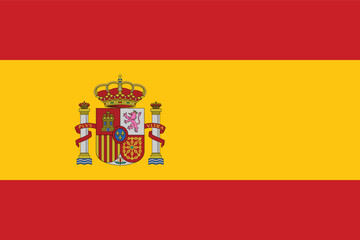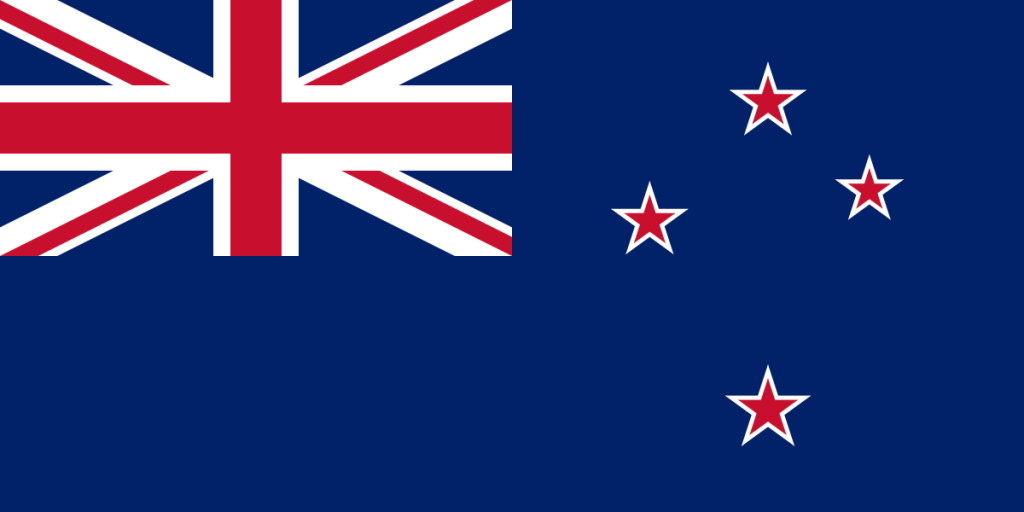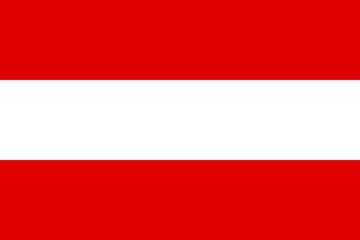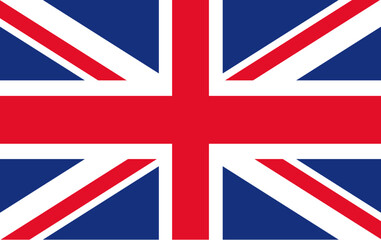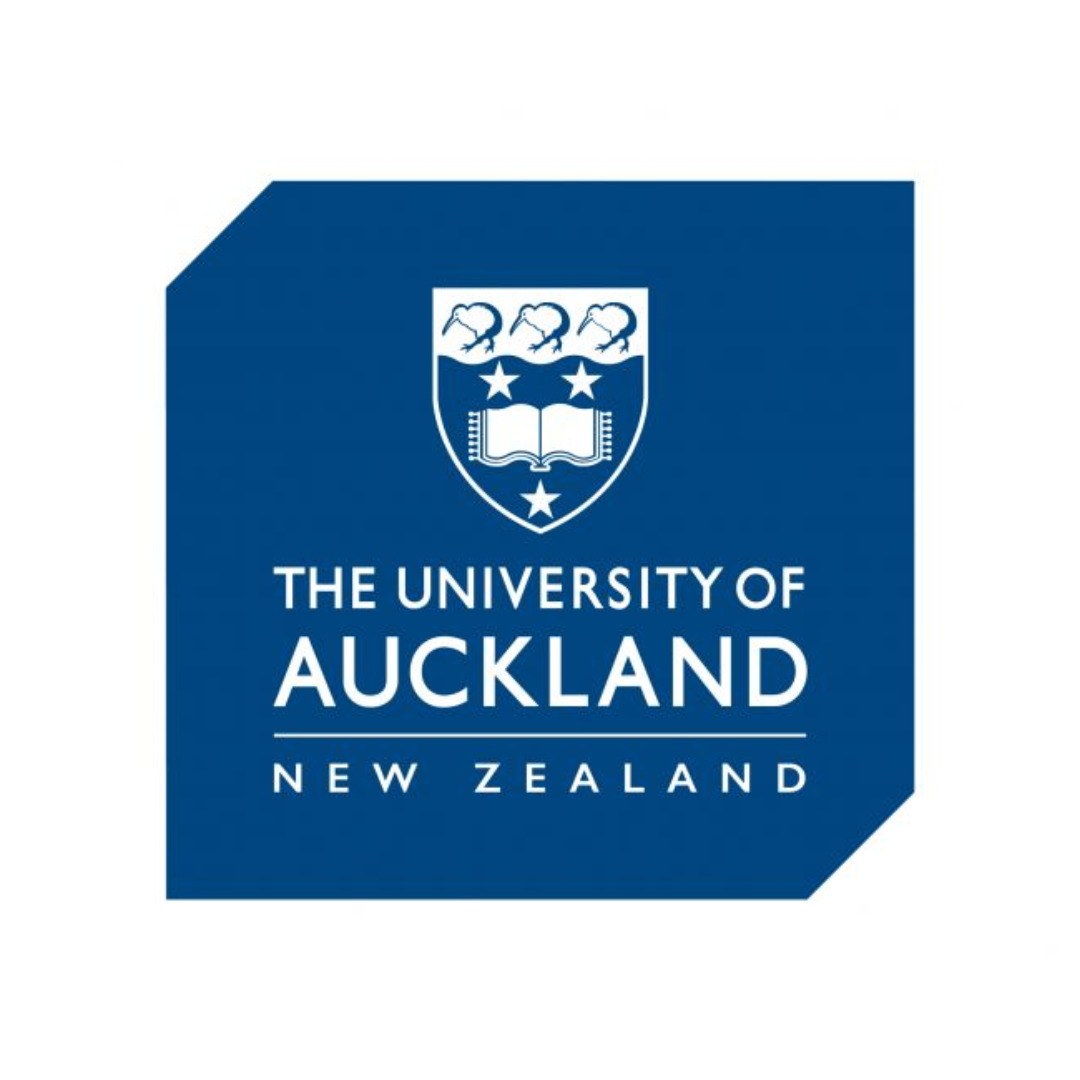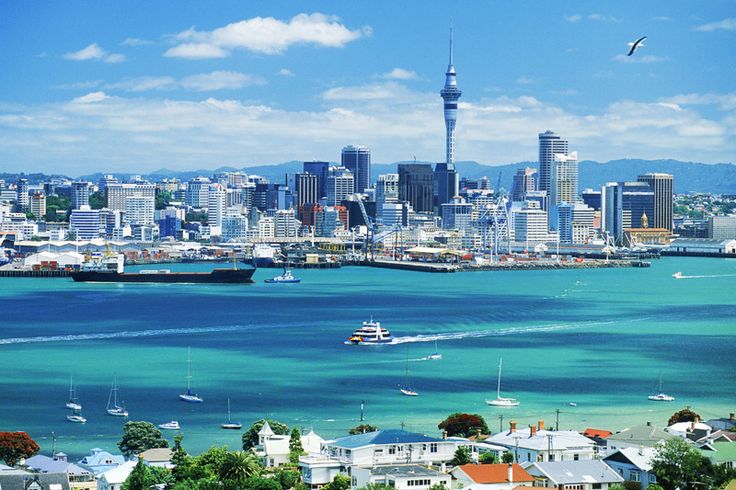
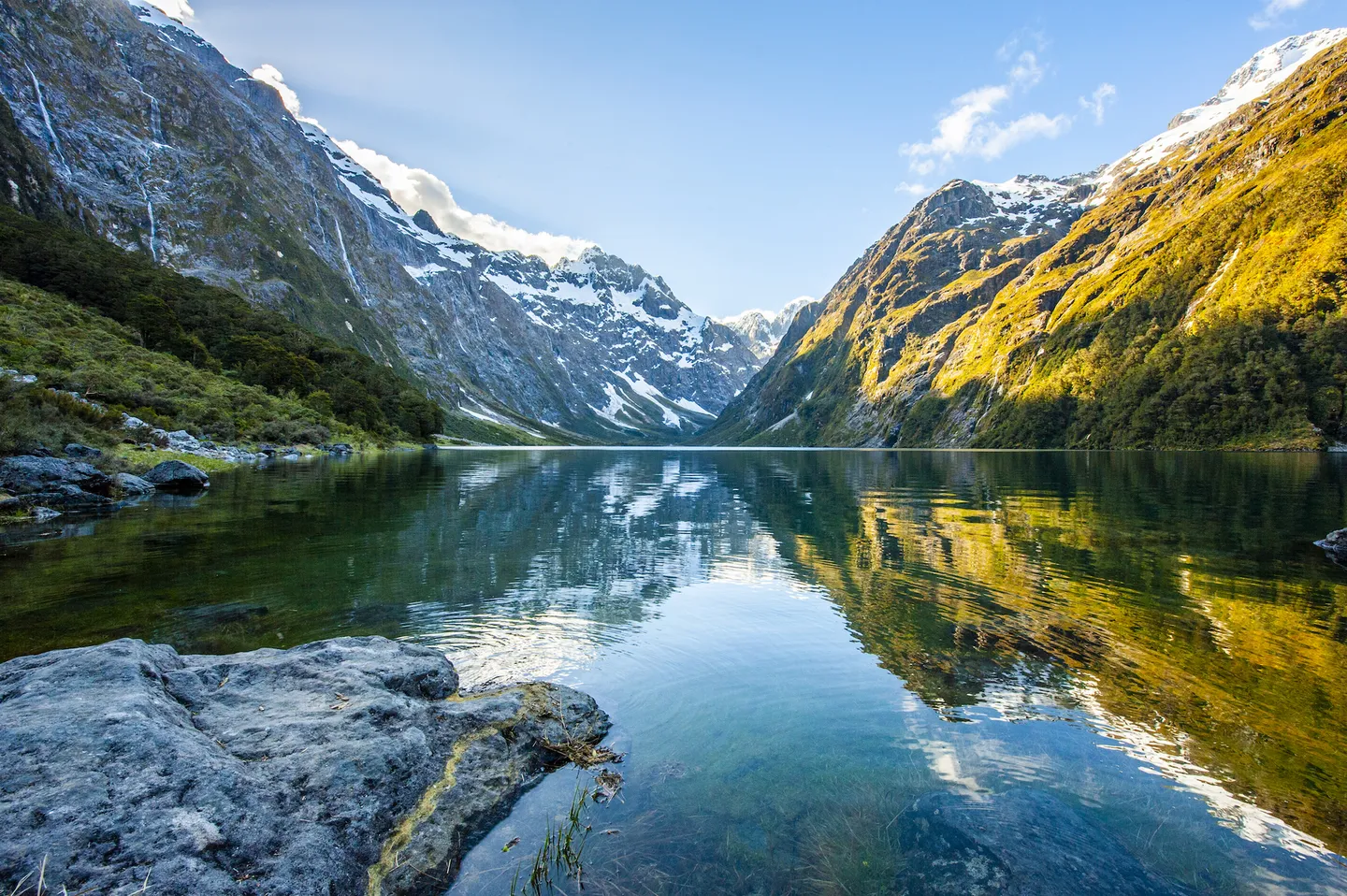
New Zealand, home to 4.5 million people, offers world-class education in a safe, inclusive environment. Renowned for its stunning landscapes, Māori culture, and globally recognized universities, it’s the perfect place for academic success and unforgettable experiences. Students can thrive while exploring a rich cultural heritage and breathtaking adventures.
Statistics & Figures About New Zealand

CURRENCY:
New Zealand Dollar

GEOGRAPHICAL SIZE:
268,000 km sq

LANGUAGE:
Maori, English

GDP:
$41,230 Million (2019)

POPULATION:
4,676,096

CAPITAL:
Wellington
Why You Should Select New Zealand?

Abundance of job opportunities
According to Chris Whelan, the executive director of Universities New Zealand, after graduation, 97% of the students get employed, and 90% of them get into job profiles that are highly relevant to the specific course they’ve pursued in New Zealand.

British-based education system
New Zealand is a preferred destination among Indians because its education programs and degrees are based on the British education system. Being a colony of the British Empire, it follows the tried and tested and globally recognized system of British education, which is a little similar to the Indian education system.

The campuses are as picturesque as the landscape
Students who have studied in New Zealand often find it difficult to put into words the beauty of this country. It is blessed with abundant natural beauty that extends to all its university campuses as well. Studying in New Zealand feels like an extended vacation. From serene lakes to breathtaking mountains, the surroundings inspire both learning and creativity. Every day offers an opportunity to explore, immerse yourself in nature, and find endless inspiration for personal and academic growth, fostering unforgettable memories.

Internationally Recognized World Class Institutions
New Zealand universities rank among the best in the world. In fact, all the 8 universities rank among the top 3% globally and also rank in QS World University Rankings. Graduating from any one of these universities will give you an edge over the others. The universities enroll fewer students and its excellent student-teacher ratio (an average of 6.7) allows you to have a close interaction with the teachers. The institutions have a well-balanced curriculum with equal weightage on practical and theoretical knowledge.

Affordable tuition fee
The average annual tuition fees and cost of living in New Zealand are comparatively cheaper than in most popular study-abroad destinations like the US, UK, Australia, Singapore, Canada, Hong Kong, and Switzerland (2015 research by FAIRFX currency exchange.) An MBA program in New Zealand is much less compared to those offered by many institutions in the Northern Hemisphere. International PhD students pay the same fees as domestic students in NZ.

All the programs offered by the state-funded universities in New Zealand undergo stringent quality checks. Even the non-university programs need to be approved by the New Zealand Qualifications Authority (NZQA), a New Zealand government organization liable for quality control. In fact, you’ll not get a student visa if the course you’re planning to pursue in New Zealand isn’t approved by a quality assurance body like NZQA.
Frequently Asked Questions
Most student visas are issued with permission to work. If, for any reason, your student visa is issued without the right to work, you will need to apply for a permission-to-work student visa after commencing classes.
Holders of a student visa can work up to 20 hours per week while their university program is in-session, and full-time during university vacations. In general, students should not expect to cover tuition fees or living expenses from casual work.
Whilst Research/Thesis Higher Degree applicants are entitled to work unlimited hours they must maintain full-time enrolment in their studies and meet the requirements of their program.
Students can apply for part-time work in a range of areas. However, sometimes it can be difficult to find work in areas of interest. Students can get support from career advisers in finding employment through help with resume and interview skills as may be needed.
Some of the universities and colleges have internship programs which provide an employment opportunity. In some cases, research higher degree students may possibly find employment as research or tutorial assistants.
Most institutions provide a range of accommodation options for students. These range from on-campus to off-campus with homestay options or student share. The rent will vary depending on the location and the type of room or the options included.
Universities, colleges and schools are located within areas with well-developed infrastructure and social networks. These provide an opportunity where students can freely socialise and develop a network of friends by extension social capital. some of these include:
Clubs | Music| Sports | Beautiful Beaches | Dolphin Watching | Vineyards | Parks | Historical sites among others
There is good weather all year round. It is important that students always take care of themselves.
Transport to and from the colleges is fantastic. buses, trains and ferries are the main mode of transport. You can also walk or cycle to and from class depending on how far you live.
Popular Degree Options in New Zealand

Animation

Engineering

Medicine

Business Studies

Engineering Forestry

Hospitality

IT and Computer Science

Agriculture

Art & Design

Nursing

Trades

Business management

Healthcare

Sports Management

Urban Planning
Interesting Facts
-
Queen Elizabeth II of the United Kingdom is the official queen of New Zealand. She is represented in the country by a governor general.
-
New Zealand was the first country in the world to allow universal suffrage, allowing women to vote in 1893.
-
New Zealand is famous for its adrenaline adventures, especially bungee jumping! The first commercial bungee jump was made by AJ Hackett in the Kawarau Bridge in Queenstown, back in 1988.
-
Wellington is the southernmost capital in the world.
-
Over one third of the entire country of New Zealand is made up of protected land and marine areas



